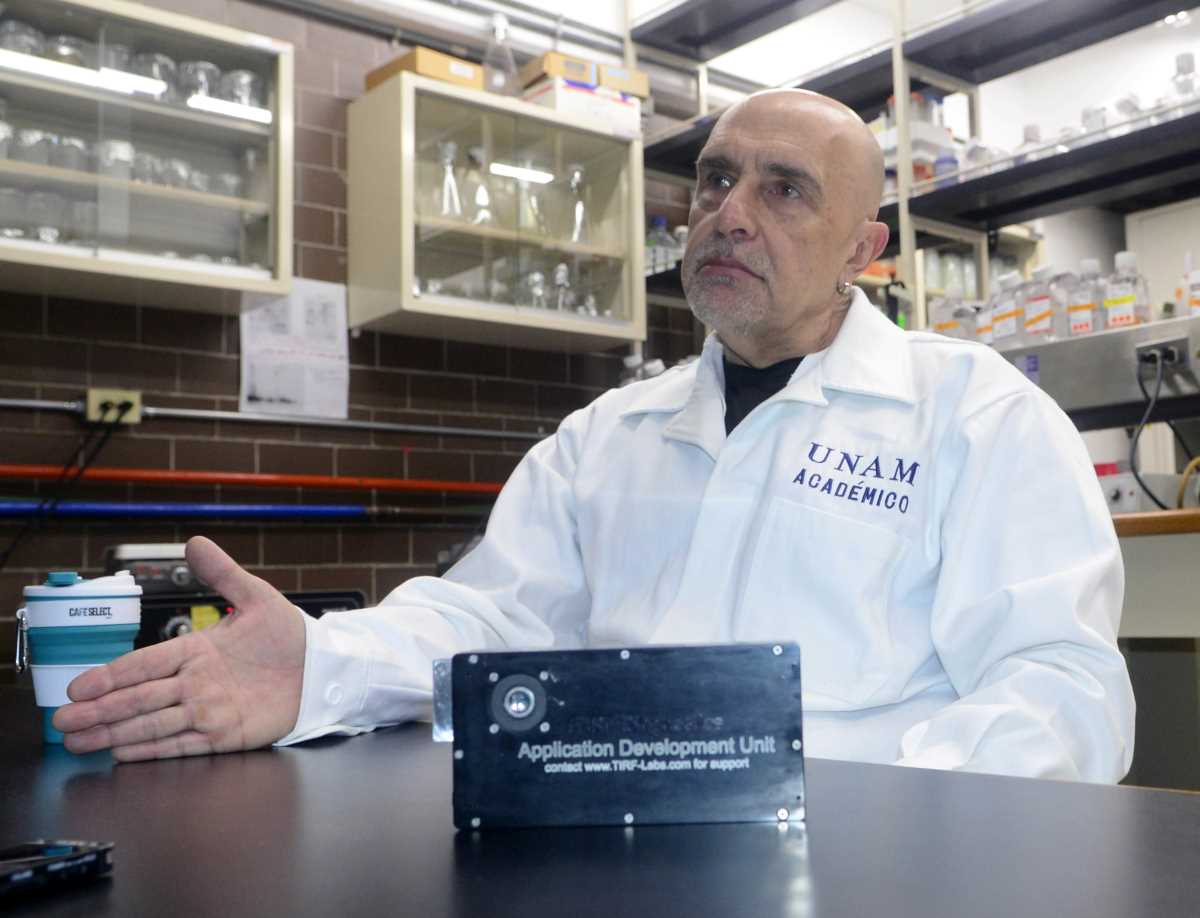Researcher Develops Molecular Diagnosis on Your Smartphone
Dr. Vaca Domínguez's revolutionary microarray system turns smartphones into molecular health wizards. Predicting diseases, it illuminates a future where quality medical care is as ubiquitous as your phone. Innovative and smart, it's a beacon of hope in healthcare.

In the dazzling world of molecular medicine, where tiny particles meet the colossal challenge of predicting diseases, Dr. Luis Vaca Domínguez, a researcher at the Institute of Cellular Physiology (IFC) of UNAM, has emerged as a luminary inventor with a portable system that's not only groundbreaking but also fits right into your pocket. Picture this: a smartphone case that doubles as a molecular diagnostic machine, armed with the power to foresee health troubles before they take root.
Dr. Vaca Domínguez's brainchild is a microarray system, a wizardry of light sensitivity, and intelligent probes. The kind of device that makes you question why your smartphone isn't yet capable of predicting what you'll crave for dinner tonight (note to Apple: take notes).




